Wilshire Oral Surgery and Implant Center Blog
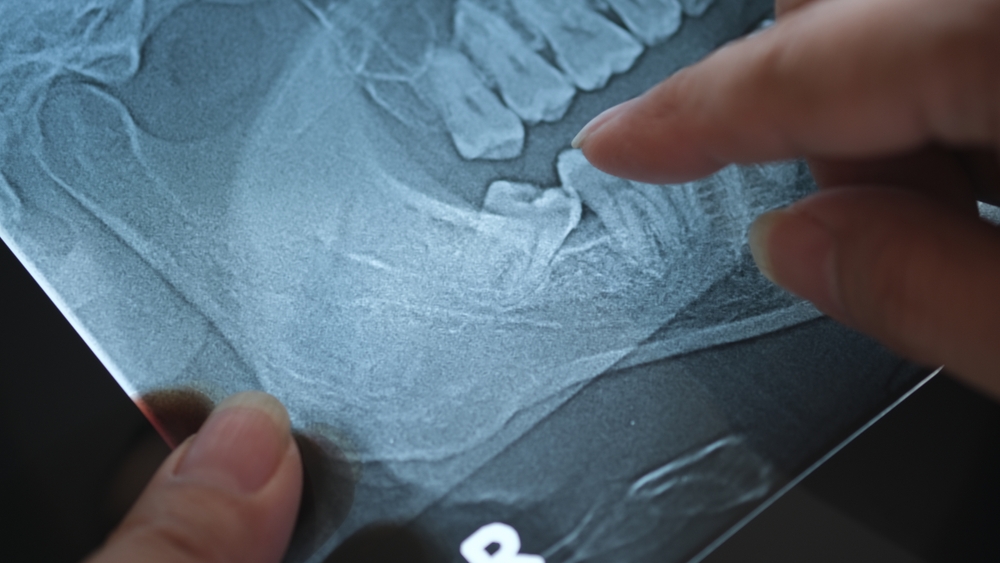
When teeth don’t fully emerge from the gums or grow in the wrong direction, they are considered impacted. This is a common issue, particularly with wisdom teeth, but it can affect other teeth as well. Impacted teeth can cause discomfort, damage surrounding teeth, and even lead to infections if left untreated. Oral surgery is often the most effective solution for resolving these problems and protecting your long-term oral health.

Impacted canine teeth are more common than you might think, and if left untreated, they can cause more than just cosmetic concerns. For many people in Los Angeles, where a confident smile is everything, impacted canines can be a frustrating and sometimes painful issue.
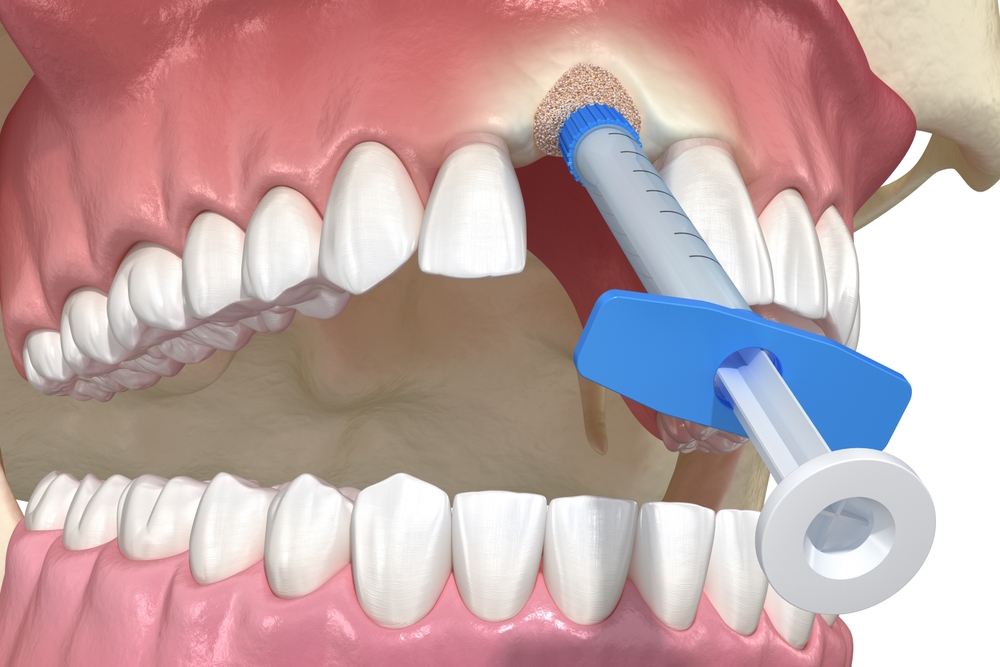
When a tooth is extracted, the empty socket left behind can lead to changes in your jawbone over time. This is a natural part of the healing process, but it can also cause problems if you plan to replace the missing tooth with a dental implant or want to maintain your facial structure and oral health. One way to manage this change is through a procedure called socket preservation.

Undergoing oral surgery can be a major step towards achieving better oral health and comfort. However, the success of your surgery doesn’t end in the operating room. Proper post-operative care is essential to ensure optimal healing, minimize discomfort, and prevent complications. Here’s a guide on what to expect after your procedure and how to take care of yourself in the crucial recovery period.
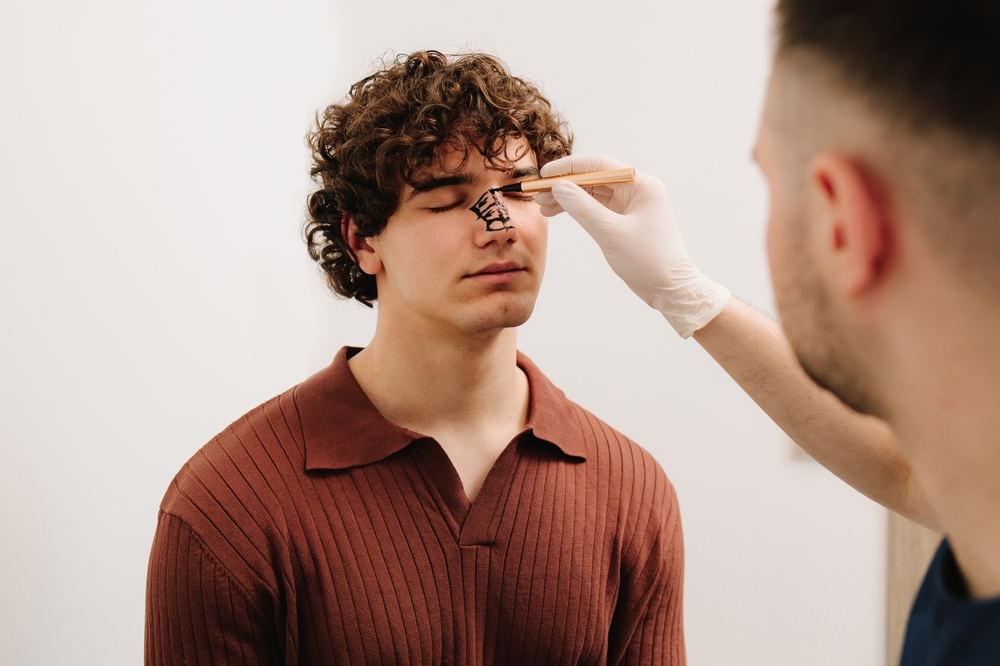
A healthy, confident smile often begins with strong, stable bone structure in the jaw. Unfortunately, bone loss in the upper jaw can pose challenges for patients seeking dental implants. For individuals with insufficient bone density, sinus lift surgery offers a solution, paving the way for effective implant placement while enhancing oral health and aesthetics.

Corrective jaw surgery, also known as orthognathic surgery, is a transformative procedure that addresses various functional and aesthetic concerns caused by jaw misalignment. Whether the issue stems from genetics, trauma, or developmental abnormalities, orthognathic surgery can provide life-changing benefits for both your health and appearance. Here’s a closer look at the advantages of this procedure and how it can improve your quality of life.

When it comes to full-mouth reconstruction, zygomatic implants offer a revolutionary solution for patients with severe bone loss in the upper jaw. Unlike traditional dental implants that require significant bone grafting, zygomatic implants anchor into the strong zygomatic (cheek) bone, providing immediate stability and allowing for a faster overall treatment timeline. If you are considering zygomatic implants as part of your full-mouth reconstruction, understanding the recovery process is essential.
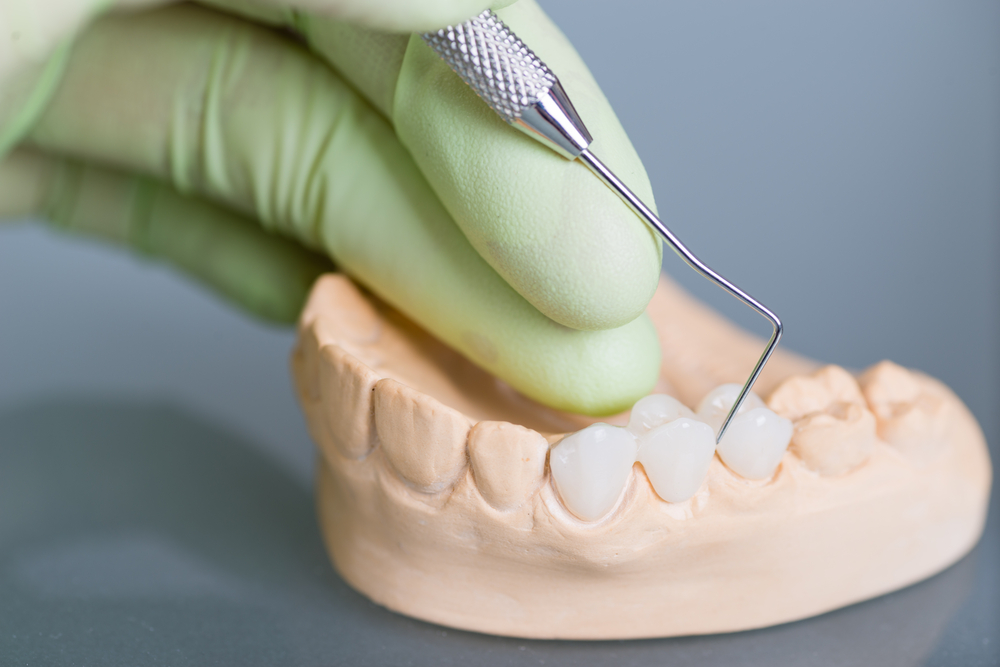
Dental implants have become an increasingly popular solution for individuals who are missing one or more teeth. Unlike traditional tooth replacement options, dental implants offer a permanent, natural-looking, and functional alternative that can restore your smile and improve your overall oral health.

Full mouth reconstruction is a comprehensive approach to restoring function, health, and aesthetics to a severely compromised smile. Whether due to trauma, extensive decay, or congenital issues, full mouth reconstruction combines restorative and cosmetic dentistry techniques to rebuild the entire mouth. But how do you know if it’s the right solution for you?
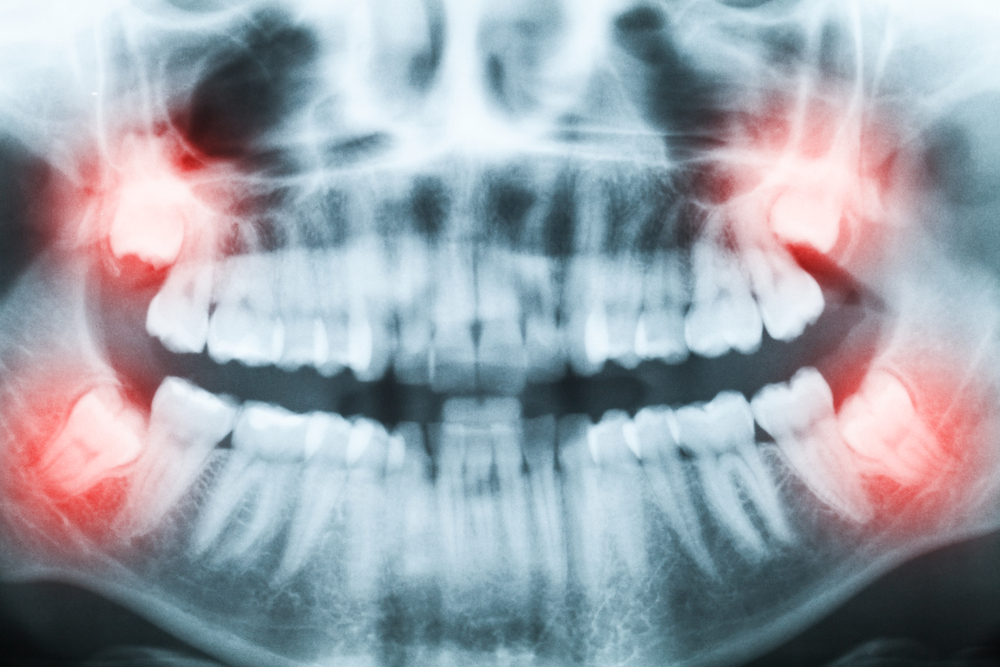
Facial trauma and fractures can happen suddenly and unexpectedly. Whether caused by a car accident, sports injury, fall, or physical altercation, these injuries can significantly impact your appearance, function, and overall health. Timely treatment is not only essential for pain relief but also critical to achieving optimal long-term results. At Wilshire Oral Surgery and Implant Center, our skilled oral and maxillofacial surgeons provide expert emergency care to help restore both form and function as quickly as possible.





